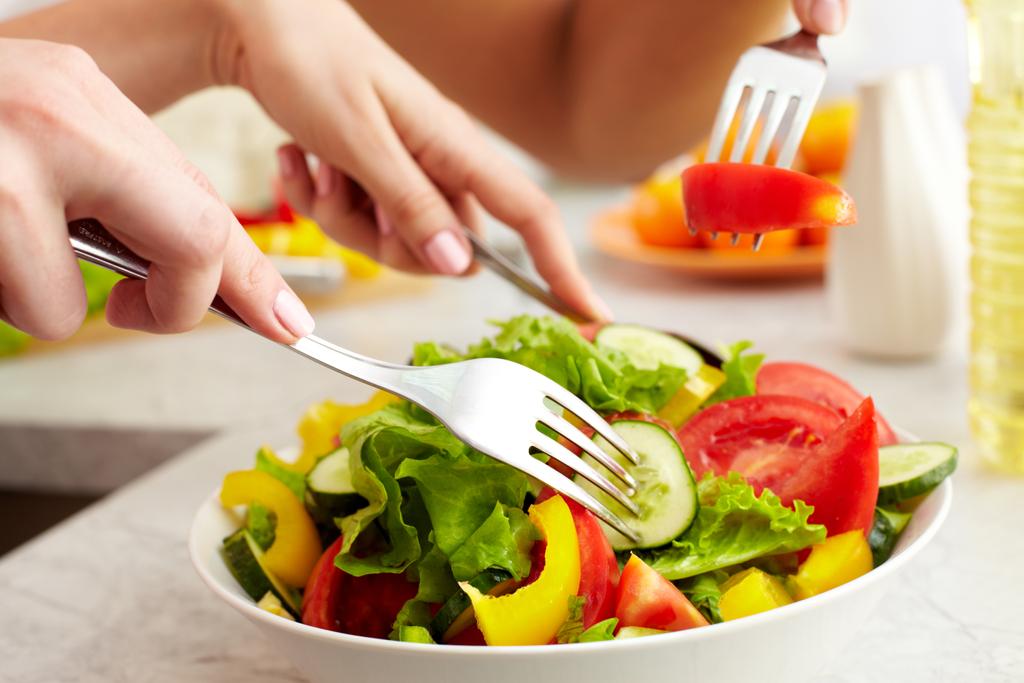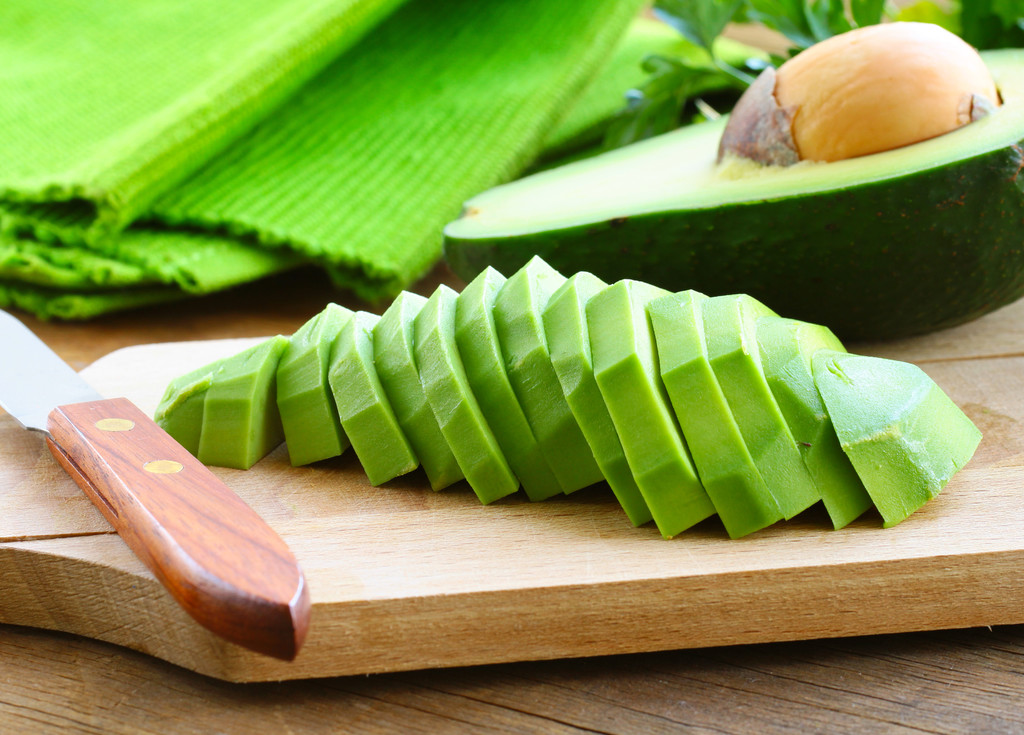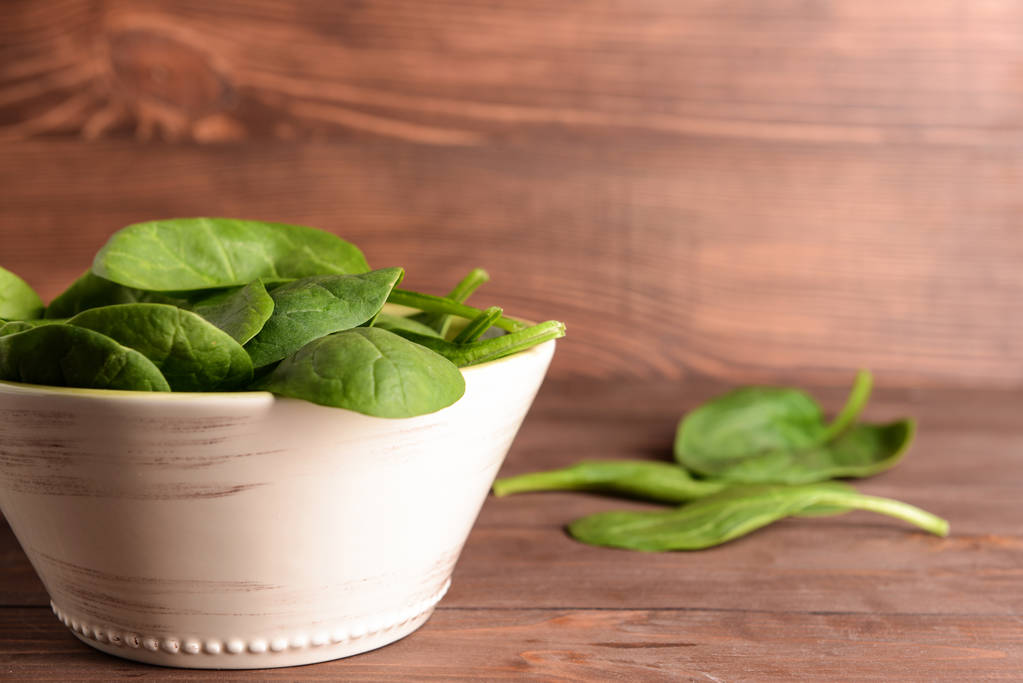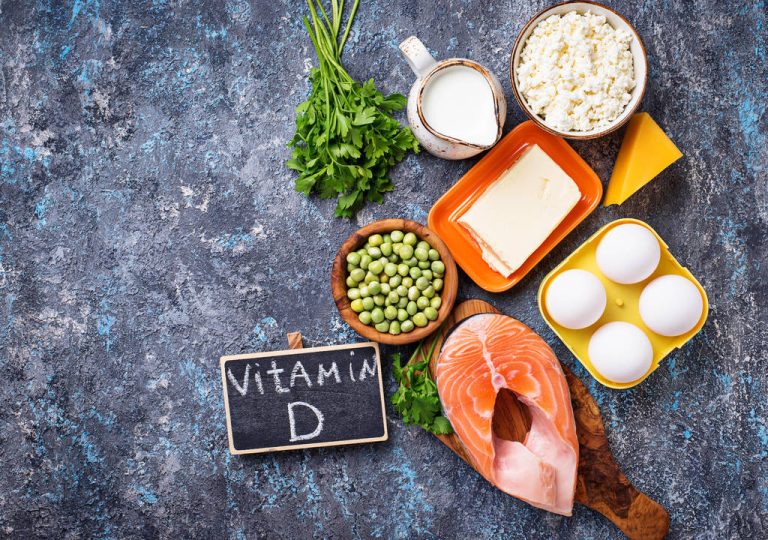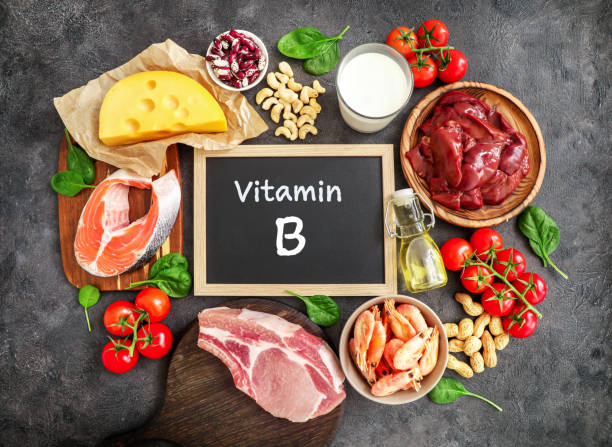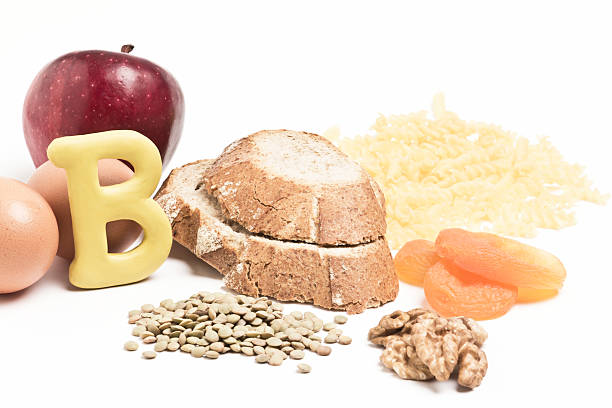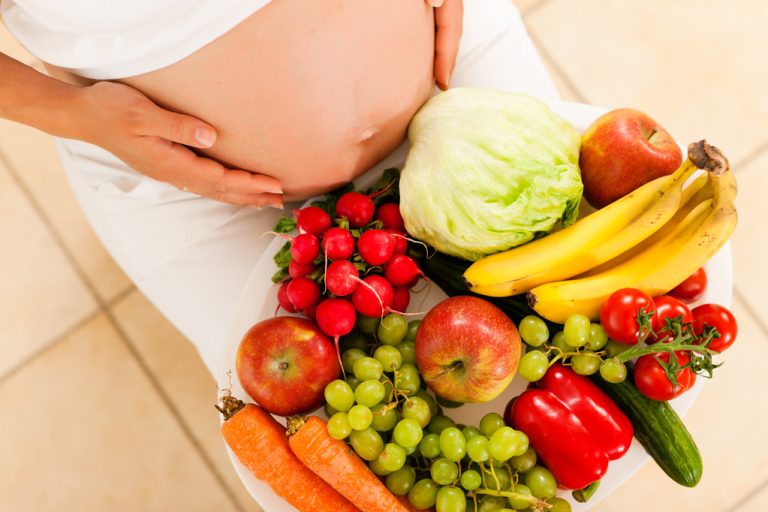Slack, tired and drained – that’s how many people feel in the cold season. But it can also be caused by a vitamin D deficiency. However, if you integrate certain foods into your diet, you should soon feel healthier and fitter.

Vitamin D deficiency: why the vitamin is important right now
In the sunny months, vitamin D deficiency is not actually an issue: During this time, the skin normally produces 80 to 90 percent of its requirements itself. The body can even store some vitamin D in fat and muscle tissue, but this varies from person to person person and is influenced by many factors. Vitamin D deficiency usually occurs when the skin is not exposed to the sun enough. The body needs UV light for the body’s own production of vitamin D3. A deficiency can also be caused by diseases.
In autumn, winter and early spring, however, the vitamin D balance poses a problem for many: the sun’s rays are too weak, we are outside less and show less skin.
Therefore, it can happen that you feel listless, tired or sad – which can indicate a deficiency.
Recognize vitamin D deficiency quickly: These are the most common symptoms
One of the main roles of the vitamin is bone health. Vitamin D also supports the immune system, muscles and hair, for example.
According to the vitamin D guide, possible symptoms of a deficiency are:
fatigue
exhaustion
exhaustion
Increased susceptibility to infections
mood swings
Winter depression (or winter blues)
hair loss
muscle weakness
Muscle aches
High in vital substances: These foods are natural sources of vitamin D
The German Society for Nutrition recommends about 10 µg per day for infants, everyone else should take 20 µg vitamin D per day if the body does not produce its own – i.e. in the colder half of the year. There are two options for this: Either you take supplements – but you should always discuss this with a doctor! Because an overdose also leads to damage in the body.
The other option is to add certain foods to your diet more often, which you can use to improve your vitamin D balance again. The intake of vitamin D from food only covers a small part of our vitamin D requirement.
Nevertheless, you should regularly eat the following foods that contain the sun vitamin and are therefore natural sources of vitamin D.
1. Fish and Seafood
Fish are absolute vitamin D carriers. A look at the nutrient table shows that the Atlantic herring is the absolute leader. A 100 gram portion contains 25 micrograms (µg) of vitamin D. For those who like it more regional: Baltic herring has at least 7.8 micrograms.
Salmon (16 µg per 100g) and eel (20 µg per 100g) are also suitable for filling up the vitamin tank.
Nutrient Overview:
Atlantic herring (25 µg per 100g)
Sardine (25 µg per 100g)
Eel (20 µg per 100g)
Salmon (16 µg per 100g)
Greenland halibut (15 µg per 100g)
In addition, fish is also rich in healthy omega-3 fatty acids, which support our nervous system, blood pressure and vision. Omega-3 also protects against cardiovascular problems. Fish and seafood are therefore ideal suppliers of nutrients and part of any healthy and balanced diet.
2. Eggs
Eggs also contain a healthy amount of vitamin D. However, the egg yolk is particularly rich in vitamin D.
Nutrient Overview:
pure egg yolk (5.6 µg per 100g)
Chicken egg (approx. 2.9 µg per egg)
Eggs are also high in protein and, according to a new study, should reduce the risk of heart attacks and strokes.
3. Mushrooms
The vegetarian or vegan sources of vitamin D are mushrooms. The vital substance content varies from mushroom variety to mushroom variety. Porcini mushrooms are the most nutritious, followed by chanterelles and button mushrooms.
Nutrient Overview:
Porcini mushroom, raw (3.1 µg per 100g)
Chanterelle, raw (2.1 µg per 100g)
Mushroom, raw (1.9 µg per 100g)
With these values, mushrooms are the absolute exception in the fruit and vegetable sector. Vegetarians and vegans therefore have a hard time replenishing their vitamin D stores with food. Therefore, preparations are often used. But only a few supplements are really effective.
4. Dairy products and margarine
Dairy products also contain vitamin D. Here it depends on the fat content. Fatty foods in particular, such as processed cheese or butter, are suitable for filling up at least the remaining requirement of the necessary daily dose. The latter also applies to the predominantly vegetable fat spread margarine.
Nutrient Overview:
Processed cheese, 45% fat (3.1 µg per 100g)
Margarine (2.5 µg per 100g)
Butter (1.5 to 2.5 µg per 100g)
Gouda (1.3 µg per 100g)
Emmental (1.1 µg per 100g)
However, the amounts of vitamin D are too small to reach 20 micrograms in a healthy way.
5. Cod liver oil
This remedy surpasses all other nutritional values: cod liver oil used to be considered the vitamin D-rich food par excellence. It is obtained from the liver of cod and haddock. Its taste takes some getting used to, but the vitamin D content is unsurpassed at 250 µg. That’s ten times the next best food, Atlantic herring.
Nutrient Overview:
Cod liver oil (250 µg per 100g)
Nevertheless, cod liver oil only occupies fifth place in this list, as it is hardly used today and consumption is really not enjoyable. But if you want to be healthy, you have to suffer. In addition to the high vitamin D content, the blubber is also rich in omega-3 fatty acids, vitamin A, vitamin E, phosphorus and iodine.
Can you overdose on vitamin D?
An overdose of vitamin D is hardly possible in a natural way. However, if you take heaps of preparations and dietary supplements, you may well be consuming too much vitamin D.
The Robert Koch Institute writes that excessive intake of vitamin D increases the calcium level, which can lead to acute nausea, loss of appetite, abdominal cramps, vomiting or, in severe cases, kidney damage. Since vitamin D is stored in the body, both an acute and a gradual overdose are possible.
800 IU per day is recommended if there is no other source of vitamin D. IE is a unit for vitamins, 1 µg corresponds to about 40 IU. This means that the daily requirement of 20 µg corresponds to 800 IU. However, as health damage can occur in the event of an overdose, you should always consult a doctor before taking vitamin D supplements.
Avocados: how much vitamin D is in them? Incorrect database entry causes confusion
When looking into foods rich in vitamin D, you’ll come across avocados here and there — but with different nutritional information. From zero to six micrograms per 100 grams, everything is included. Six micrograms would be surprisingly high for a plant-based food.
According to Baliza, a company that makes apps for food intolerance, the only scientific article reporting high levels of the vitamin dates back to the 1930s. National databases give it a zero, which is correct. The cause of the confusion is an incorrect entry in a widespread German food database, which has since been corrected.







